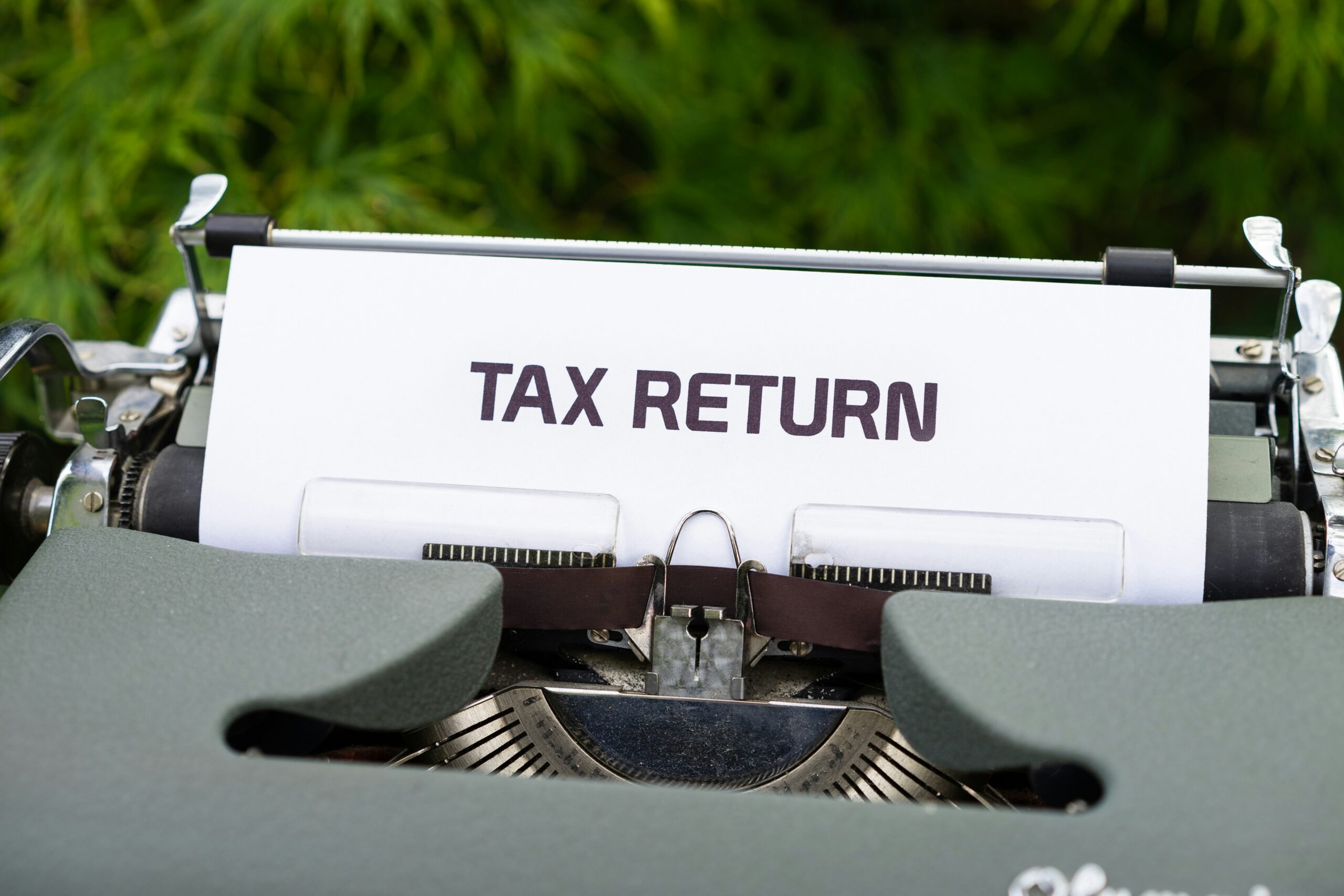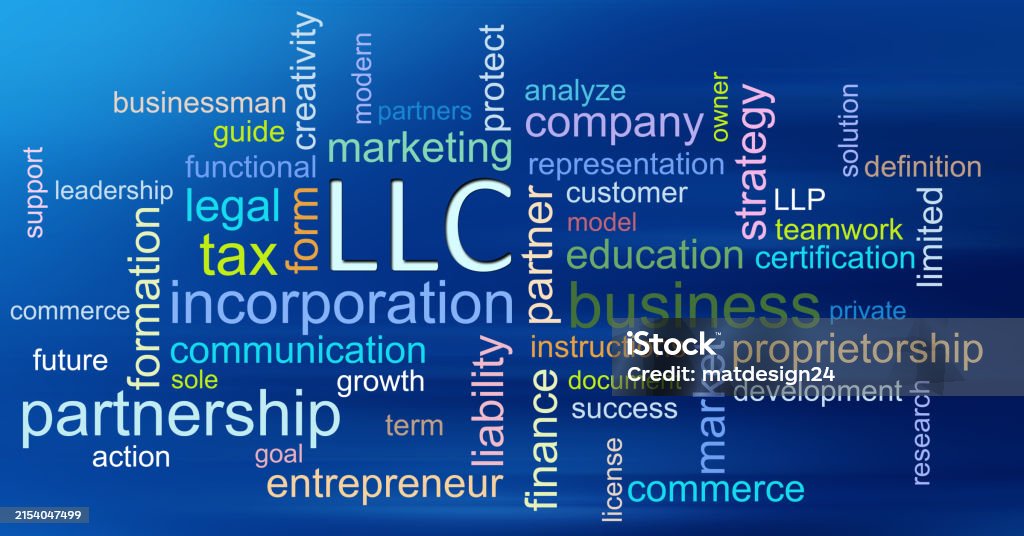It’s best practice to request your number from your local value-added tax office at the same time that you register your firm. Applying online through its website is the simplest way to do this, and the form is simple to fill out. A crucial part of starting a business is registering for VAT, but for many people, the process can be intimidating. The value-added tax Act and its ancillary laws, which require the registration of businesses and individuals for this tax, are the primary laws controlling value-added tax in Malta. Both natural persons and legal entities engaged in economic activity are considered taxable, according to the legislation. The following actions are considered to be accountable for the supply of goods and products:

- The provision of private services.
- Exploiting a piece of property in order to generate income on a regular basis.
- The delivery of services through a subscription model.
VAT registration categories in Malta
In Malta, both businesses and individuals must register under one of the following categories:
- Individuals who deliver products or services and register for value-added tax in accordance with Article 10.
- Those who deliver products or services register in accordance with Article 11.
- According to Article 12, everyone who provides intracommunity products and services in Malta must register.
A value-added tax number with the MT prefix will be given to Maltese businesses that register for VAT in 2022 in accordance with Article 10, this number can also be used as an EORI number. Maltese businesses that register for VAT in accordance with Articles 11 and 12 will not be assigned MT prefixes to their VAT numbers. The law prescribes a set of thresholds for each of the aforementioned groups. These include activities involving the provision of goods or services with the potential to generate annual turnovers, which have an exit threshold of 28,000 euros and an entry threshold of 35,000 euros. Activities involving the provision of goods or services with a low value-added tax, which have an exit threshold of 19,000 euros and an entry threshold of 24,000 euros, and other economic undertakings, which have an exit threshold of 12,000 euros and an entry threshold of 14,000 euros.
The paperwork needed to register for value-added tax in Malta in 2022
The following papers must be submitted to the VAT Department by businesses and people enrolling for the Maltese VAT:
- In the case of natural persons, a copy of the applicant’s ID card or current passport.
- In the case of businesses, a copy of the representative’s ID card or current passport.
- For corporations and partnerships, a copy of the governing papers
The process of registering for VAT takes about three to four weeks.
Who in Malta needs to register for VAT
Companies in Malta are required to register for VAT if their annual profits exceed EUR14,000. Even though the VAT registration for sole proprietors in Malta is required when the economic and financial operations are registered, there are some sole proprietorships that are excluded from this type of tax, such as doctors and some insurance companies. We point out that Malta’s typical VAT rate is 18% and that it is applicable to a wide range of goods and services with the intention of selling them on the Maltese market.
Malta’s VAT rates
Unless exempt, all products and services are subject to the VAT duty. The appropriate rate, however, varies according to the business. 18% is the standard rate. There are various alternative VAT rates, and some items and services are exempt from VAT. 7% is the rate for giving lodging in a hotel, boarding house, or other establishment authorized under the Malta Travel and Tourism Act. On sweets and other similar consumables, the provision of power, and things used in medicine, a 5% tax is imposed. 0% applies to the majority of transportation methods, including timed bus services, international passenger travel, and non-business water travel between islands. pharmaceuticals, consumer products, exportable commodities, and community-wide supplies of items. Water provided by a public utility, health, and social services, and companies that buy and sell buildings or land for construction, insurance, and financial services all have 0% ratings, which are together referred to as exempt without credit. The business providing the good or service, however, is entitled to a VAT reimbursement. The supplier does not have to be registered for VAT when this is the case. Additionally, this includes those paid 7% VAT for running a business that accepts payment from customers, such as vacation rentals authorized under the Malta Travel and Tourism Act, and limited liability corporations that would be charged 18% VAT for leasing immovable property to a person.
You may also find these articles helpful
Breakdown of Malta company registration fees and expenses
Guide on obtaining EORI number in Malta
Private Limited Liability Company registration guidance in Malta




